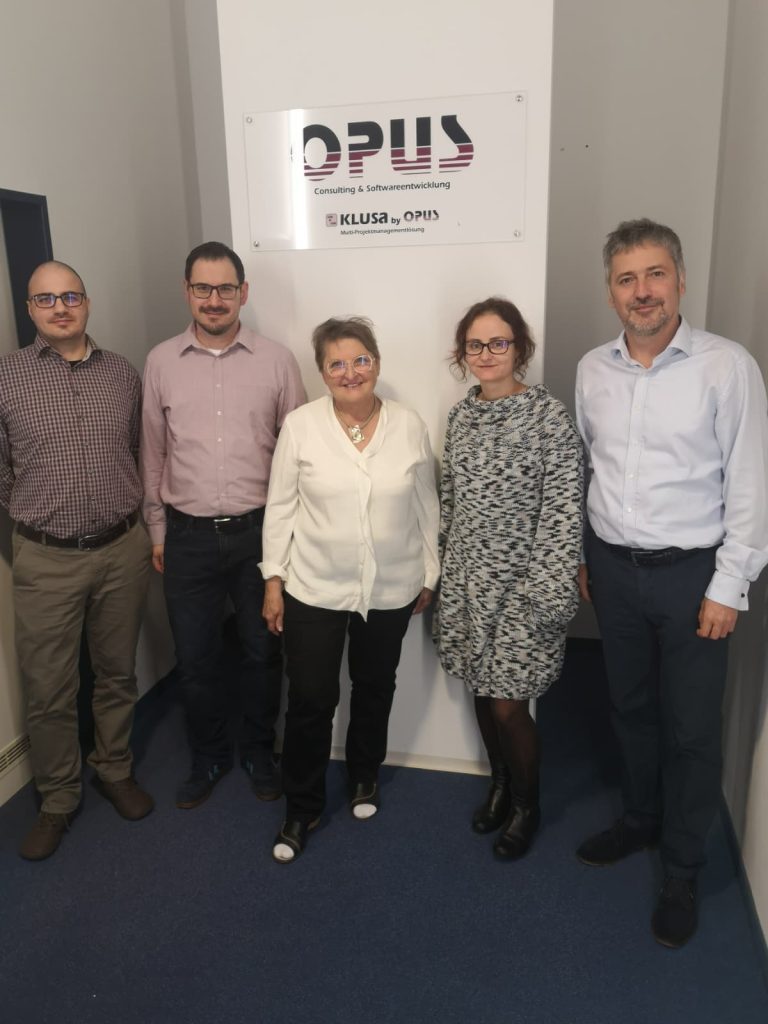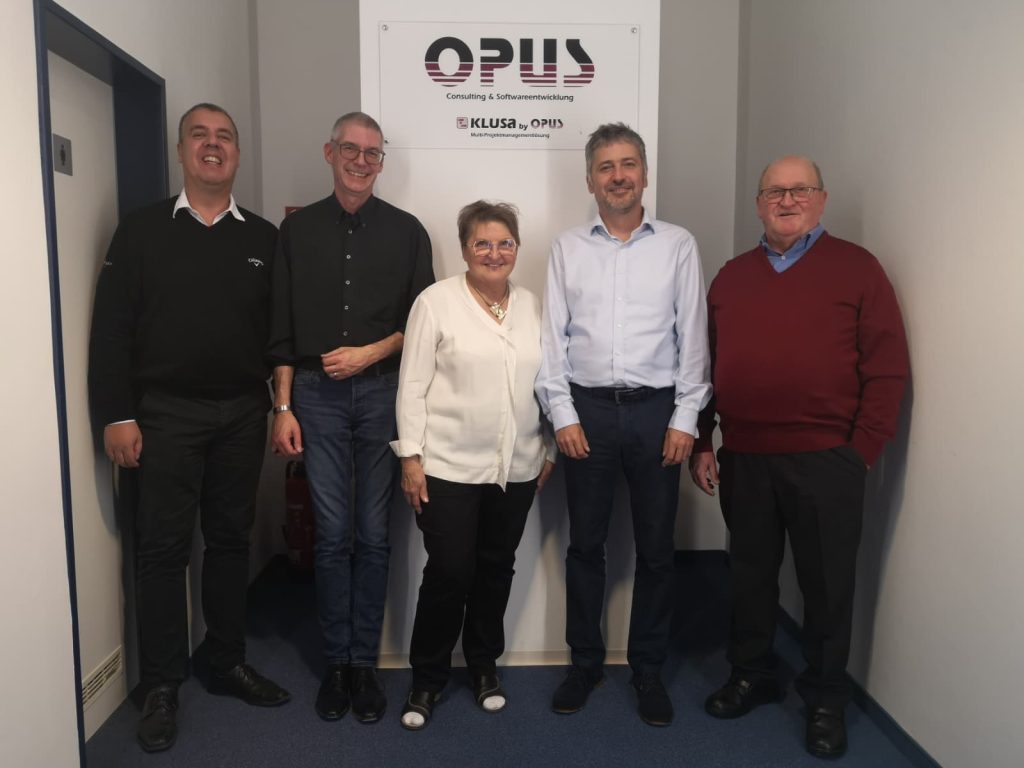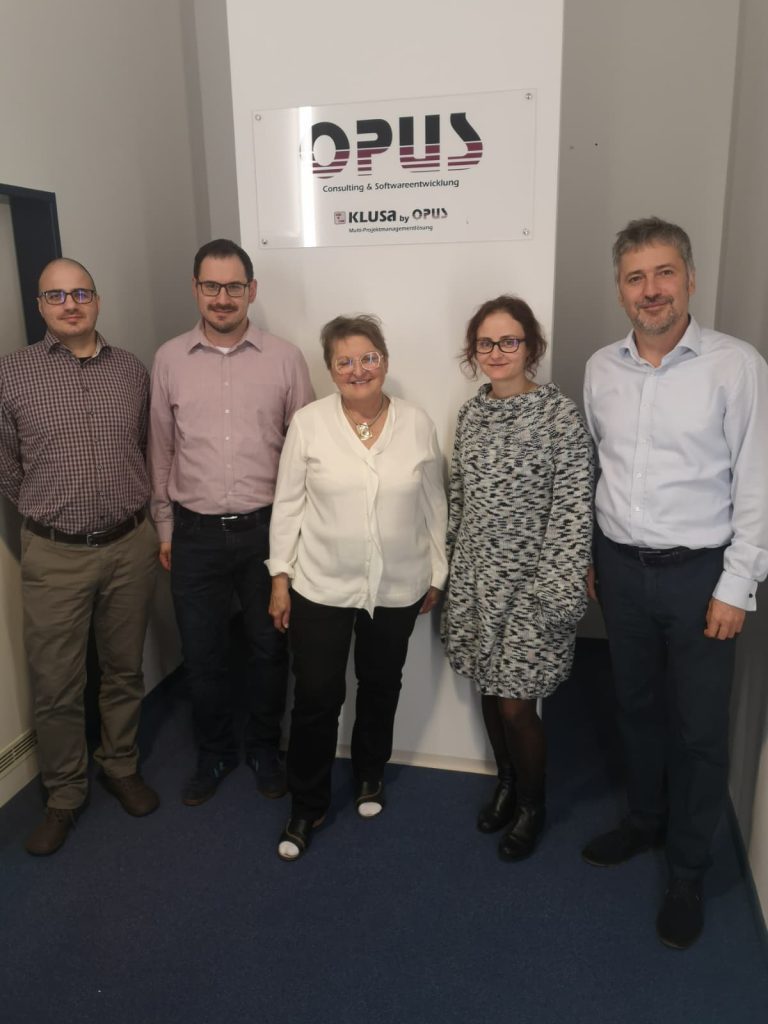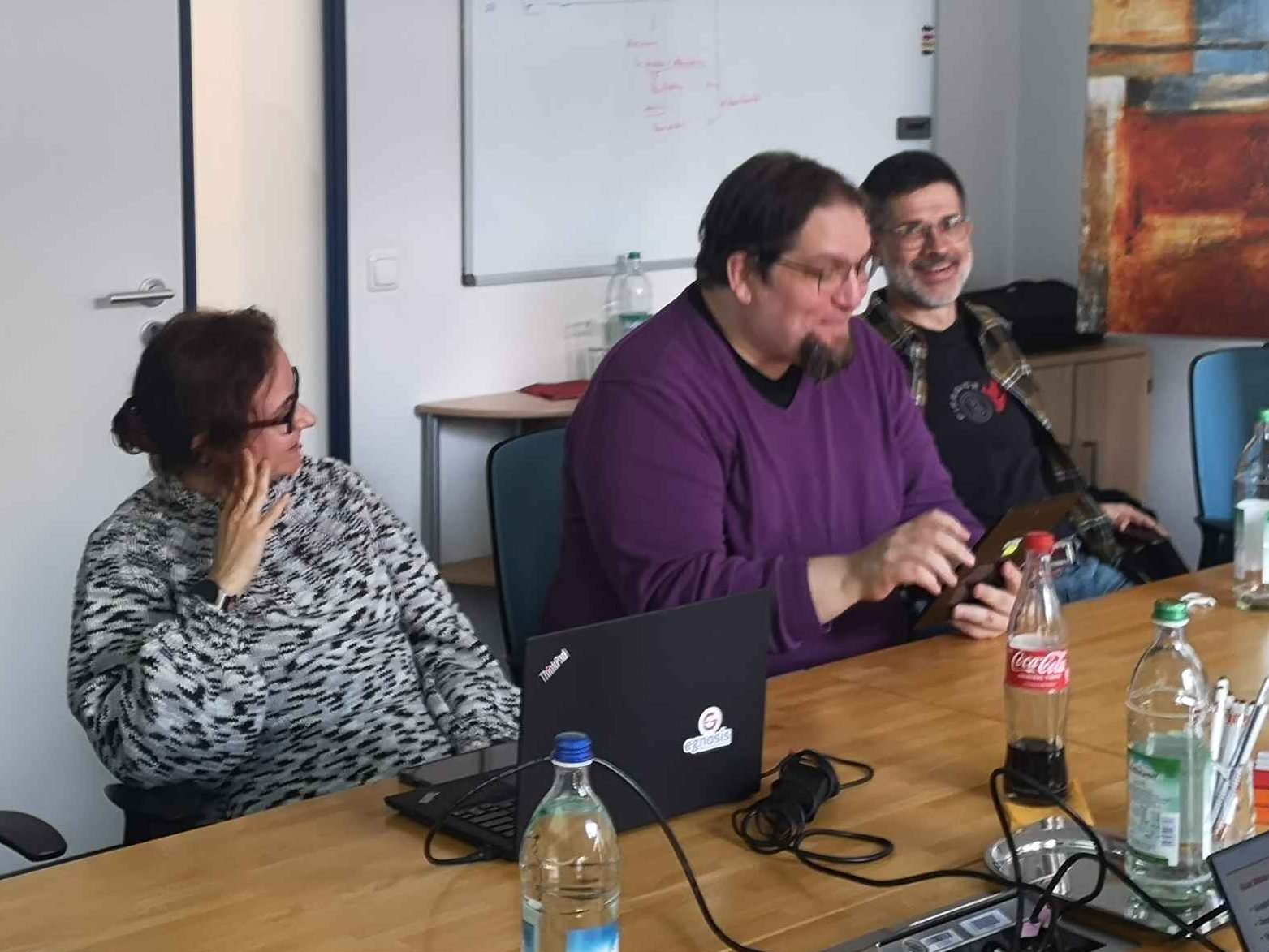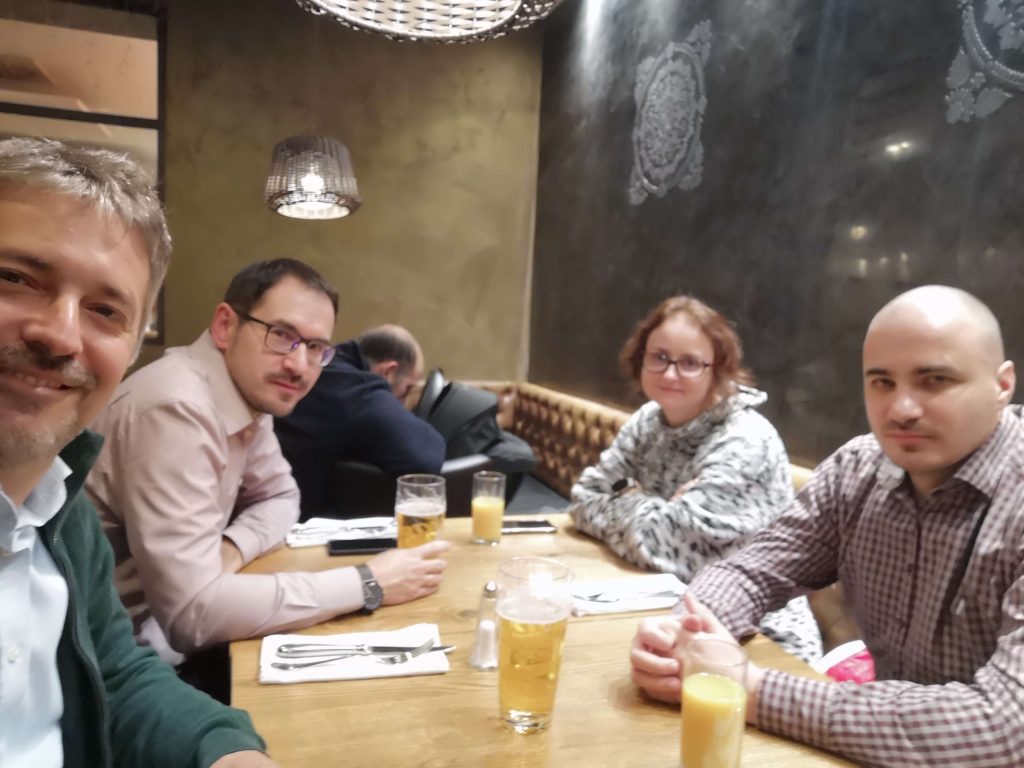Marking new milestones with Opus
October was a long ride for Egnosis, with research project meetings and conference presentations following each other, highlighting our research projects at different stages of maturity — some still at theoretical or experimental stage, while others are already opening new technological horizons. As technology providers, we believe in keeping both feet firmly on the ground because experience has taught us that, in the end, the market validates every solution. That’s why one of our long-term commitments is to work with industrial partners and clients to deliver practical technologies that serve hundreds of thousands of users every day.
Our latest trip to Munich was part of this commitment — a key milestone in our collaboration with Opus Business GmbH, our long-standing strategic partner. The meetings provided an excellent opportunity to explore new technological directions and exchange insights on the future of KLUSA. We discussed the potential of AI integration and presented new prototypes developed by our team, demonstrating how emerging technologies can further enhance the platform. Beyond the technical discussions, meeting in person offered a welcome reminder that trust, openness, and human connection remain at the core of every successful innovation effort.
As these technological concepts solidify, we look forward to the transformative changes that the coming years will bring. Our focus will be on expanding the range of opportunities we offer to our clients while applying proven methods that have already stood the test of the market. We aim to bring these technologically validated foundations within our research projects, ensuring that knowledge and innovation continuously strengthen one another.
The visit also had its joyful moments, as we celebrated the retirement of Else Weininger, Head of HR, Finance, and Controlling at Opus GmbH. Beyond her leadership and professionalism, Else has been a source of inspiration and human warmth to all of us — one of the strongest pillars of our partnership, even in the most challenging times. It was an honour to work with her for so many years and even share this milestone moment. We wish her again a long life, good health, happiness, and many fulfilling years ahead.
Looking ahead, our partnership with Opus continues to show that lasting collaborations rely on trust, shared values, and a mutual drive for excellence. With fresh ideas and renewed motivation, Egnosis looks forward to the next chapter in KLUSA’s evolution.
